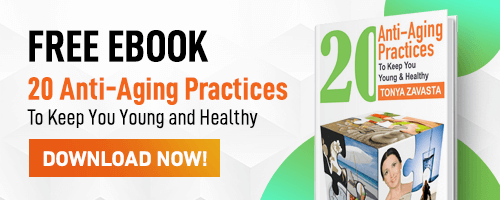Raw Foods and Iron Deficiency

Gotta Have Iron
The body must have iron in order to make hemoglobin, a substance found in red blood cells responsible for carrying oxygen from the lungs to the body’s tissues. Anemia arises from an iron deficiency. Among the very important functions that rely on adequate iron levels are certain brain activities, breathing, and even cellular respiration which is the process by which cells harvest energy from food.
A body deficient in iron must steal it from the bone marrow. Iron from animal products, which is known as ‘heme’ iron, is easily absorbed by the body. Iron from vegetable sources, known as ‘non-heme’ iron, can for some people be a little more difficult to absorb. Phytates and tannins—contained in wheat products and coffee or tea—and especially lead (from ground water and soil in some areas) can also counter iron absorption.
Iron Supplements?
Iron pills or supplements are risky business. Iron can be stored in the liver and that accumulation becomes toxic to the body over time. Check to see that you are consuming foods that are high in iron—beetroot, stinging nettles, broccoli, spinach, red berries, watermelon, parsley, raisins, and leafy greens such as kale and collards, for example.
Don't Forget Vitamin C
Vitamin C is the trick to aiding iron absorption, so be sure to also consume foods high in Vitamin C, alongside foods high in iron. Leafy greens are particularly helpful. However, too much of those containing oxalic acid (such as spinach, and swiss chard) can interfere with iron absorption, so the best answer is to rotate your leafy greens often. Some people who do not necessarily subscribe to the 100 percent raw vegan diet also find raw eggs helpful. A true iron deficiency is rare. When it does occur, it is easily resolved by merely consuming the correct foods and tending to the other health needs of the body. To ensure adequate iron levels on a raw food diet, be sure to eat a wide variety of foods high in iron, along with high Vitamin C foods.
